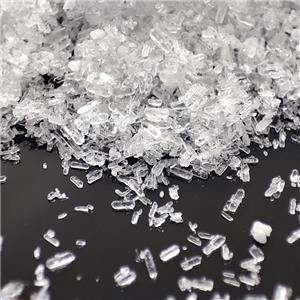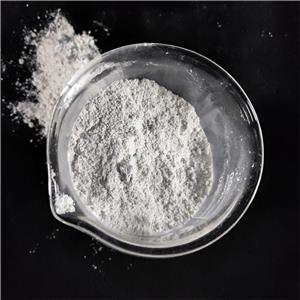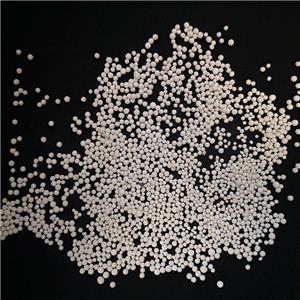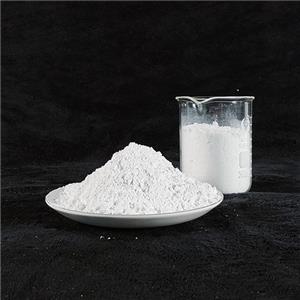What Are 3 Uses of Magnesium Hydroxide?
1. Magnesium Hydroxide as an Antacid in Medicine
Overview
One of the most well-known uses of magnesium hydroxide is in the field of medicine, where it is commonly used as an antacid. Antacids are substances that neutralize stomach acid, providing relief from conditions such as heartburn, indigestion, and acid reflux. Magnesium hydrate is an effective antacid due to its alkaline nature and ability to react with hydrochloric acid (HCl) in the stomach.
Mechanism of Action
When magnesium hydroxide is ingested, it reacts with the hydrochloric acid in the stomach to form magnesium chloride (MgCl₂) and water (H₂O). The chemical reaction can be represented as follows:
Mg(OH)2+2HCl→MgCl2+2H2OMg(OH)2+2HCl→MgCl2+2H2O
This reaction neutralizes the excess stomach acid, raising the pH of the stomach contents and providing relief from symptoms of acid-related conditions. The magnesium chloride produced in the reaction is a soluble salt that is easily absorbed by the body, while the water helps to dilute the stomach acid.
Advantages and Considerations
Magnesium hydrate is preferred as an antacid for several reasons:
Rapid Onset of Action: Magnesium hydrate acts quickly to neutralize stomach acid, providing rapid relief from symptoms.
Mild Laxative Effect: In addition to its antacid properties, Magnesium hydrate has a mild laxative effect, which can help alleviate constipation. This is due to the osmotic effect of the magnesium ions, which draw water into the intestines and promote bowel movements.
Safety Profile: Magnesium hydrate is generally considered safe for short-term use. However, excessive or prolonged use can lead to side effects such as diarrhea, electrolyte imbalances, and hypermagnesemia (elevated levels of magnesium in the blood).
Common Formulations
Magnesium hydrate is available in various over-the-counter (OTC) antacid formulations, including:
Liquid Suspensions: These are often taken orally and provide quick relief from heartburn and indigestion.
Chewable Tablets: These are convenient for on-the-go use and are often combined with other antacids like calcium carbonate.
Powders: These can be mixed with water and consumed as a drink.
Clinical Considerations
While magnesium hydroxide is effective and widely used, it is important for healthcare providers to consider potential interactions with other medications and conditions. For example, magnesium hydroxide can interfere with the absorption of certain drugs, such as tetracycline antibiotics and iron supplements. Patients with kidney disease should also use magnesium hydroxide with caution, as impaired kidney function can lead to the accumulation of magnesium in the body.




